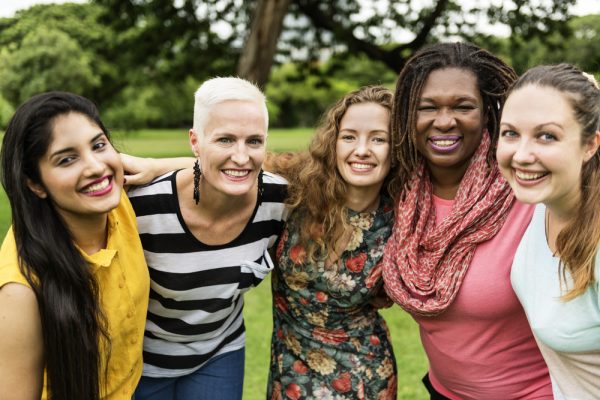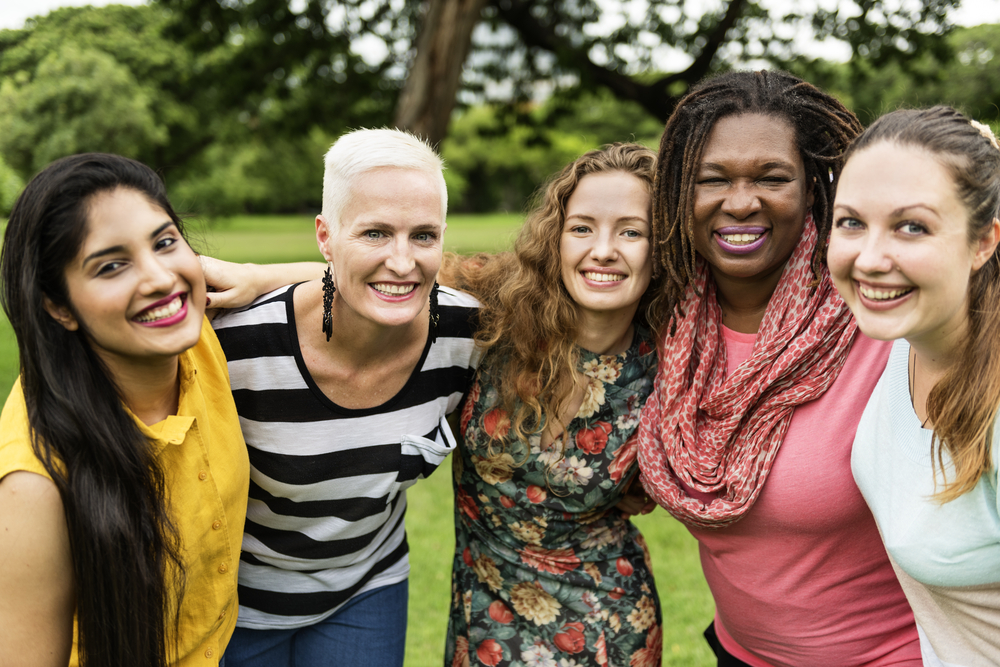Last Updated on 31st March 2025 by Charlie Walsh
International Women’s Day is celebrated each year on March 8th. For a long time, a patriarchal society detracted away from the awesomeness of feminine traits and influences. A lot has changed in 2020 compared to 50, 100 or 1000 years ago — but there are still changes to make.
Gender equality benefits everyone, from an economic, political, educational and social perspective. Not only has the pressure on men to be providers and the stronger gender held women back, but it has also been detrimental to the physical and emotional health of guys. We all love our mothers, sisters, daughters and partners more than the world, and society will be a better place when we split everything 50/50 — including the bill for dinner!

How Did International Women’s Day Start?
The very first iteration of a day dedicated to women was held on the 28th February 1909. A year later, the revolutionary feminist Clara Zetkin proposed to have it switched to the 8th March to celebrate the suffragettes. The focus from that point on has been as much about giving women the same rights that men have in the workplace as it is about recognising their inherent worth.
In some parts of the world, it’s a day of protest against the aspects of life where women still feel undervalued, such as pay equality and objectification. In others, the focus is on celebrating femininity and womanhood.
A Celebration of Women’s Achievements and Capabilities
Sometimes, we pick up a tendency to stereotype from older generations. This can lead to beliefs that hold people back, without even knowing they’re doing it — or meaning to. The word feminism doesn’t need to have angry, judgemental or man-hating connotations. All feminists love the men in their lives and are simply trying to change the world for the better. In the same vein, all men want to see their mothers, daughters, sisters and wives treated with respect and given the same rights they enjoy themselves.
Men and women are biologically and psychologically unique; imagine how boring (and unsexy) the world would be if we weren’t. Equality doesn’t imply that we’re all the same — it just means we all deserve to access the same successes and joys in life. Men and women complement each other, and the more we incorporate feminine strength into politics, economics and family life, the healthier we’ll all be.

How Does #EachforEqual Help Businesses?
The #metoo movement has drawn a lot of attention to women’s sexual rights, and rightly so. However, there’s even more to the feminist movement in 2020 than that. Economies around the world that have focused on improving women’s rights within the workforce have a higher GDP. It’s a simple fact that when more people are in employment, a country becomes more prosperous. When a country is more prosperous, its inhabitants enjoy a greater quality of life and enhanced public services.
Unequal pay and subordination are still problems for women at work, despite the huge leaps forward that we have made over the years. Sadly, most women have experienced being patronised or underestimated because of their gender. Outdated beliefs drive these inequalities that all of us, as individuals, can make an effort to change.
Does One Organisation Oversee IWD?
International Women’s Day isn’t a marketing campaign spearheaded by one organisation. Since its inception, the message has spread throughout the world as a way of bringing men and women together in the fight for equality. The UN, which is an intergovernmental organisation that incorporates 193 member states across the world, began celebrating IWD in 1975. It’s grown in popularity ever since, as men and women continue to strive towards equal opportunities.

How Can Men Support International Women’s Day?
While most men are proud to be a breadwinner and enjoy providing for a family, if the burden is entirely yours, it’s putting undue pressure on you. The higher incidence of disease, suicide and early death among men is a stark reflection of this fact. Healthy masculinity celebrates the success of the women and girls in their lives, and the idea of more opportunities is nothing but positive.
Imagine how children would benefit in a world where men share childcare duties, and women share fiscal responsibility in the home. We can set boys and girls a better example — and melt away a ton of daily arguments and simmering resentment!
Share the #EachforEqual message on social media and start a conversation in your workplace or with your family. If you run a business, there are a ton of ways you can spread the word to your staff and clients.










